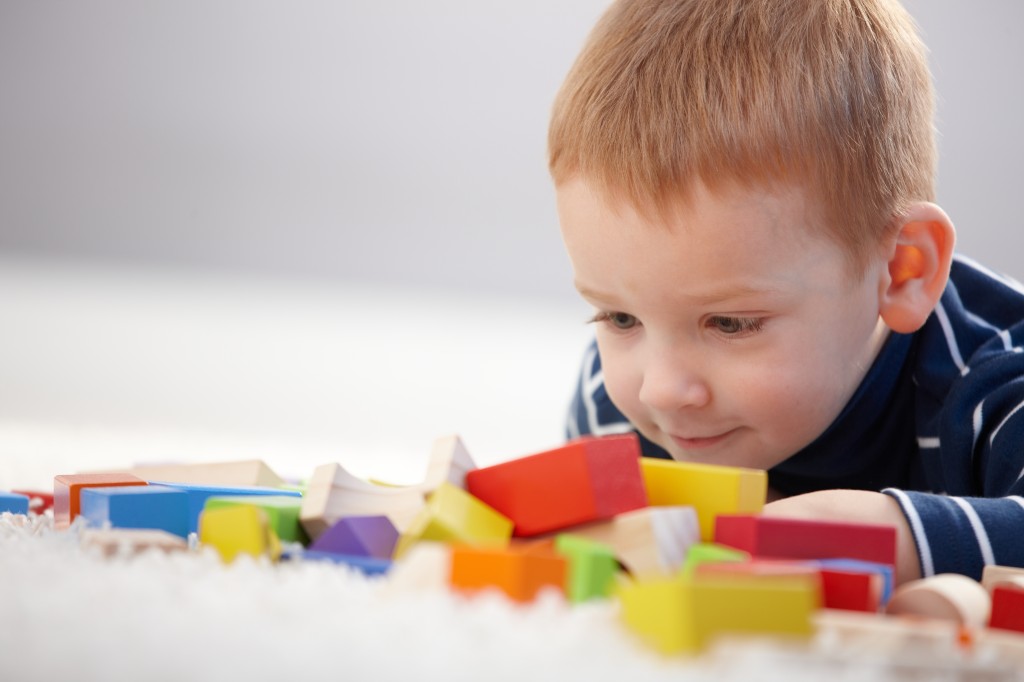We finalize our in-depth look at tools for speech therapy with Music. Yes…music can truly be an effective tool for speech therapy! Think about it, rhymes, patterns, sounds and movement all help bring about speech language comprehension and articulation. According to “Use of Music in Speech-Language Therapy,” an article by Mary B. Zoller, “Using music is a multi-sensory experience that enhances a number of other skills that impact on speech and language development.” The use of music as a speech therapy tool serves to energize and engage a child, and encourages the child to actively participate. And the good news? You do not need to be a musician or a great singer to reap the benefits of music as therapy! Even using a silly voice and acting out the lyrics is helpful in engaging your child and a way to get them to listen attentively and unknowingly engage them in speech therapy exercises. As we have mentioned throughout this series, this does not serve to replace a proper evaluation or treatment from an SLP, rather music as a tool for speech therapy that you can do at home or in conjunction with your current speech therapy regime. Continue reading



